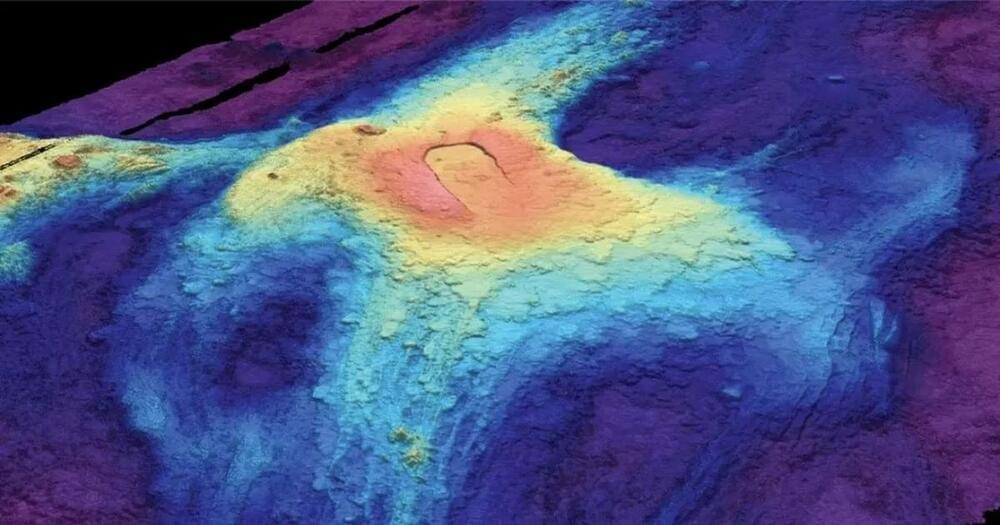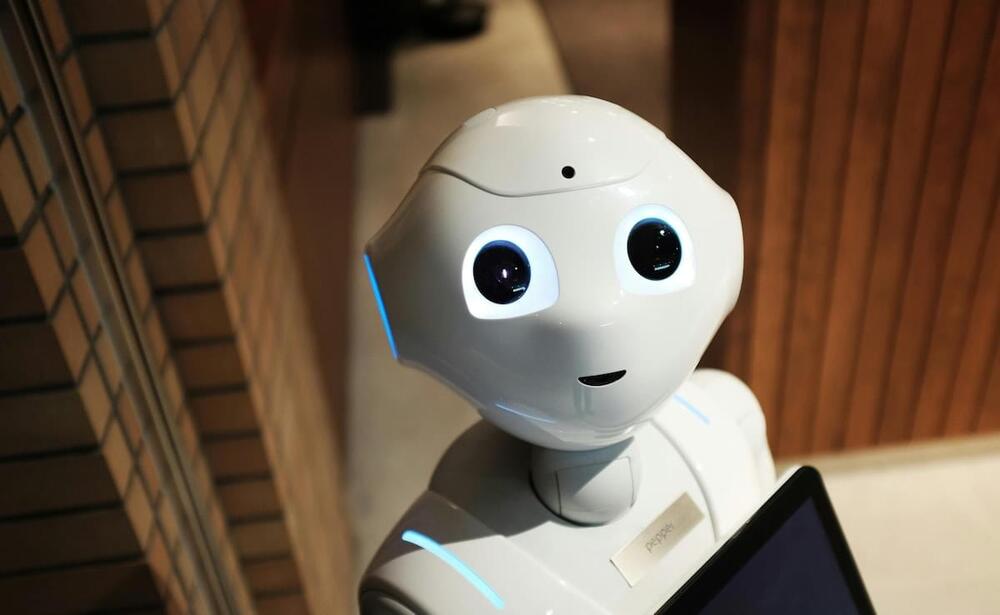Scientists predict an undersea volcano will erupt in 2025, the volcano has been dubbed ‘the most well-instrumented submarine volcano’ on the planet and activity is imminent.



Summary: This article explores how humanity has advanced its knowledge of biodiversity over time, from folk wisdom to modern databases. It highlights how technology has made information about life on Earth accessible to everyone and argues we should be optimistic about the future of taxonomy and conservation.
Alone in the forest, the modern person might find it difficult to identify a beech tree. Compared to indigenous shamans who forage thousands of medicinal plants, we are deeply disconnected from nature. But even if our personal understanding of nature is in decline, as a species, we’ve never known more about the natural world.
The fact is, while it is valuable, indigenous knowledge is often limited to the local area, difficult to distinguish from myth and ritual, and, if passed on orally, easy to lose. Literate naturalists faced similar problems. Aristotle recorded many species in writing, but much of his work was lost. Most traditional written research that survived to modern times is narrow in scope, disorganized, and spread throughout obscure tomes.

What does the future hold? A brighter dawn or the end of the line? Join us today, and together we’ll peer into the unknown.
Watch my exclusive video Post-Stellar Civilizations: https://nebula.tv/videos/isaacarthur–…
Get Nebula using my link for 40% off an annual subscription: https://go.nebula.tv/isaacarthur.
Get a Lifetime Membership to Nebula for only $300: https://go.nebula.tv/lifetime?ref=isa…
Use the link gift.nebula.tv/isaacarthur to give a year of Nebula to a friend for just $30.
Visit our Website: http://www.isaacarthur.net.
Join Nebula: https://go.nebula.tv/isaacarthur.
Support us on Patreon: / isaacarthur.
Support us on Subscribestar: https://www.subscribestar.com/isaac-a…
Facebook Group: / 1583992725237264
Reddit: / isaacarthur.
Twitter: / isaac_a_arthur on Twitter and RT our future content.
SFIA Discord Server: / discord.
Credits:
Predictions for Technology, Civilization \& Our Future.
Episode 479; December 29, 2024
Produced, Narrated \& Written: Isaac Arthur.
Select imagery/video supplied by Getty Images.
Music Courtesy of Epidemic Sound http://epidemicsound.com/creator.
Stellardrone, \


Read more.
Scientists have discovered that future robots might be able to gauge how you are feeling by just touching human skin. According to a new study published in the journal IEEE Access, researchers used skin conductance as a way to figure out how an individual was feeling. Skin conductance is a measure of how well skin conducts electricity, which usually changes in response to sweat secretion and nerve activity, signifying different human emotional states.
Traditional emotion-detection technologies such as facial recognition and speech analysis, are often prone to error, especially in suboptimal audio-visual conditions. However, scientists believe that skin conductance offers a potential workaround, providing a non-invasive way to capture emotion in real-time.
For the study, the emotional responses of 33 participants were measured by showing them emotionally evocative videos and measuring their skin conductance. The findings revealed distinct patterns for different emotions: fear responses were the longest-lasting, suggesting an evolutionary alert mechanism; family bonding emotions, a blend of happiness and sadness, showed slower responses; and humour triggered quick but fleeting reactions.




The magnetic north pole is moving—and not how you might expect. With the release of the World Magnetic Model 2025, scientists reveal shocking details about its unpredictable journey and why it’s slowing down after decades of acceleration. What’s driving these mysterious shifts deep inside Earth? And how does it impact the tech we rely on every day? The answers might surprise you.